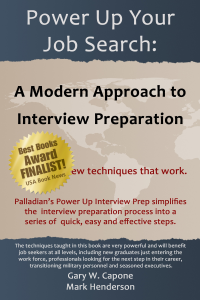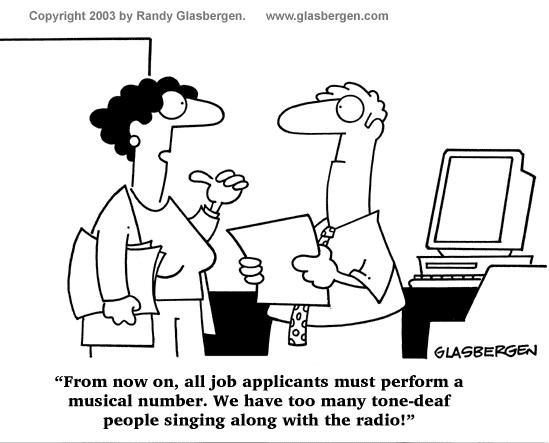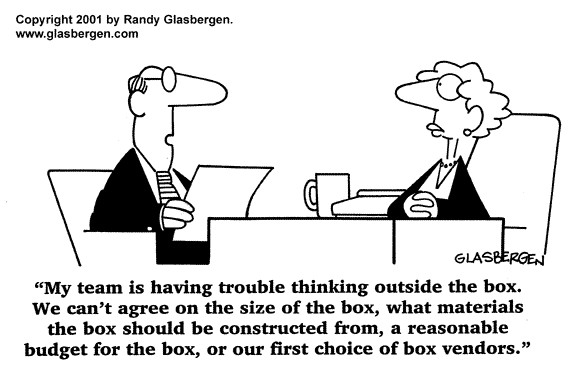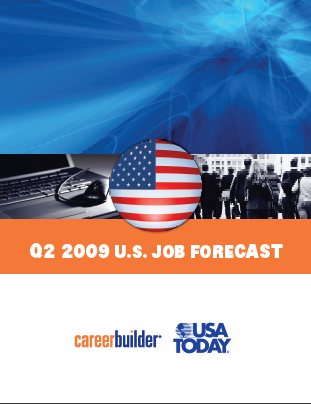A lot of people are considering career changes. The economy has declined and opportunities are scarce. Many people see no future in the career they have been in and are looking for an alternative. For NCAA athletes that are not going to make it in the pros, a career change is necessary. Choosing an alternate career is a tough choice.
A lot of people are considering career changes. The economy has declined and opportunities are scarce. Many people see no future in the career they have been in and are looking for an alternative. For NCAA athletes that are not going to make it in the pros, a career change is necessary. Choosing an alternate career is a tough choice.
A point guard from Duke is considering a switch to football after four years of focusing exclusively on basketball. Greg Paulus was a star quarterback in high school but decided to play basketball for Duke. In the last four years, he hasn't played football at all. Now, with his basketball eligibility up, he could play football for one year.
A lot of rumors surround Paulus's options. Michigan and several other schools are reported to be considering him, and a few NFL teams may be interested. The question is whether he can transition from basketball to football at this stage of his career.
The challenges he will face are common among individuals changing careers. In his football career, he performed exceptionally well as the quarterback of a high school team. He then moved into a different sport at the college level. After four years, he has two options – go pro in basketball or shift to another career.
The is similar to an individual working as a supervisor (high school) in one industry and then taking a job as a manager (college) in a different field. Now, after four years as a manager, he faces a layoff (the end of his college eligibility). The next step in his career would be to move into senior manager (the NBA), but this is a very tough step. Of the thousands of college basketball players, only a few dozen will have a shot at the pros each year.
The decision to switch to another sport is appealing. Paulus was a gifted football player and is an exceptional athlete. If he had pursued football, he might have had a shot at pros. The question today is whether he can make the shift.
If Paulus wasn't in sports but had a career in industry, my advice would be clear. Returning to an industry after being in a different industry for several years is tough. Most people would expect the candidate's skills to have grown stall. Additionally, the development of the candidate (four years in college basketball) didn't help develop the skill in the other industry (football). I would expect Paulus's football skills to be worse today than they were when he graduated from high school.
In industry, I would recommend considering a step back, not forward. Job seekers will often want to move laterally or to a higher level when they make a job change, even if they change careers. Unfortunately, this isn't always possible. A step back will often make it easier to make a career change.
Paulus doesn't have the option of a step back. Returning to high school to refresh his skills is impossible. A lateral move is tough. Finding a school that will want a quarterback with only one year of eligibility may be a stretch. I can't see how an NFL team would take a chance on Paulus. The quarterback position requires years of practice to master. It may be the most challenging position in all of sports. To step in and pick it up after four years off is difficult to consider.
In industry, there are a lot more options. A person can “go back to high school” and take a lower level position in another industry. Making a lateral move also offers more potential, since working for a company does not have the limitation in years of eligibility that college sports have.
If a person takes a step back, moving from a manager position in one industry, to a supervisor role in another industry, is this a good move? In many cases it is. Very talented and successful people will learn and grow in another industry very quickly. Often a person that takes a lower level position will have the opportunity to move up much faster. Transferable skills, such as communications, leadership, organization, time management and others, will help a person succeed.
So, if I was Greg Paulus, what would I do? Even if the chance of playing in the NFL is a million to one, it would be too tough to pass up a chance to try. If a college or pro team will offer him a spot, I would tell him to take. It's a long shot, but worth a try. There are NFL teams will often take a chance on a player and give him a couple years to develop. How can you pass that up?
If I was an NFL team, what would I do? I wouldn't take the chance. This has nothing to do with Paulus, but is a reflection of the other players available. There is huge competition for the few spots in the NFL. I would find someone with a proven track record and more current skills. I would then tell Paulus to get some additional experience at a lower level.
If I was a college coach, what would I do? With only one year of eligibility, I would want to see Paulus get some experience and refresh his skills before bringing him on board. His ability to play effectively is only one factor that some coaches will consider. One significant benefit to signing Paulus is the notoriety that could be gained. If Paulus goes to Michigan, he may drive increased advertising revenues for the program as people want to watch Michigan to see how he does. This has nothing to do with his ability to play quarterback successfully, but it may persuade a team to give him a shot.
Bottom Line: If you are considering a career change, it is ok to try to go pro in a different field, but be open to a step back to college or high school to gain some experience first.









